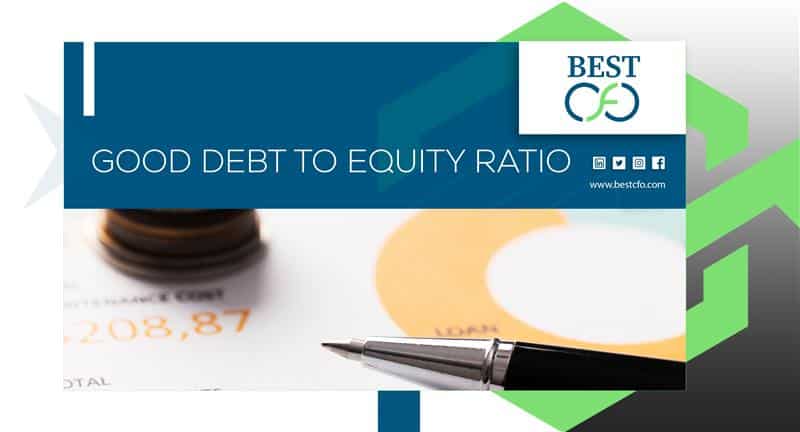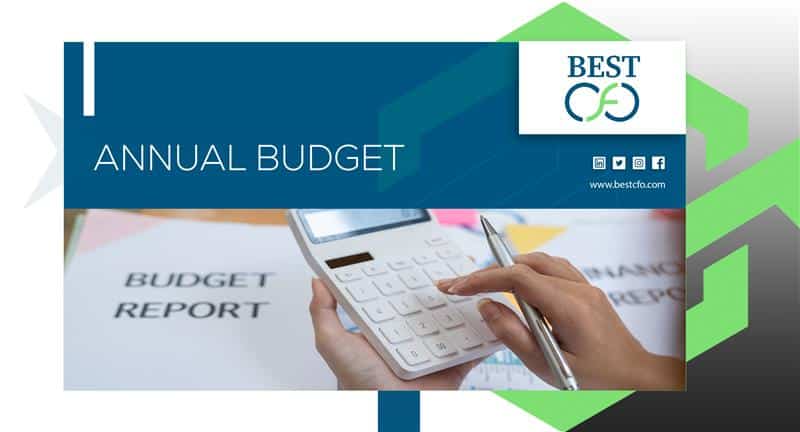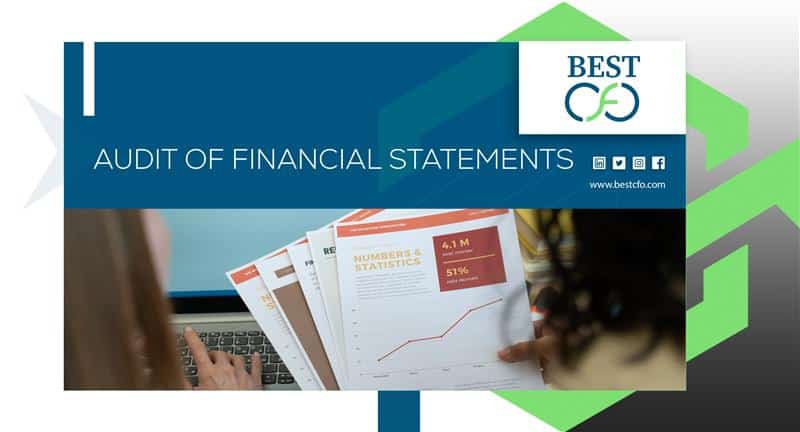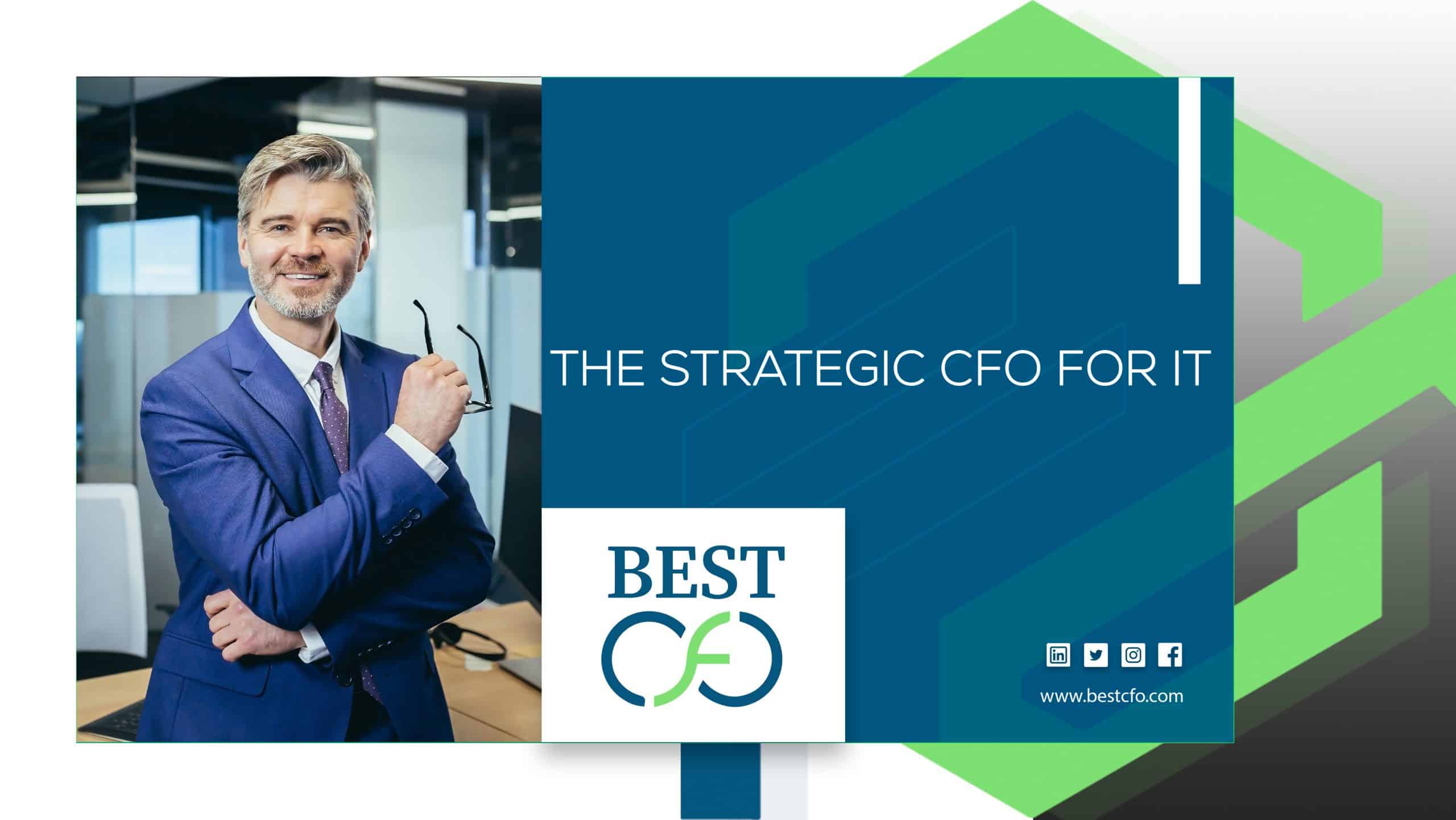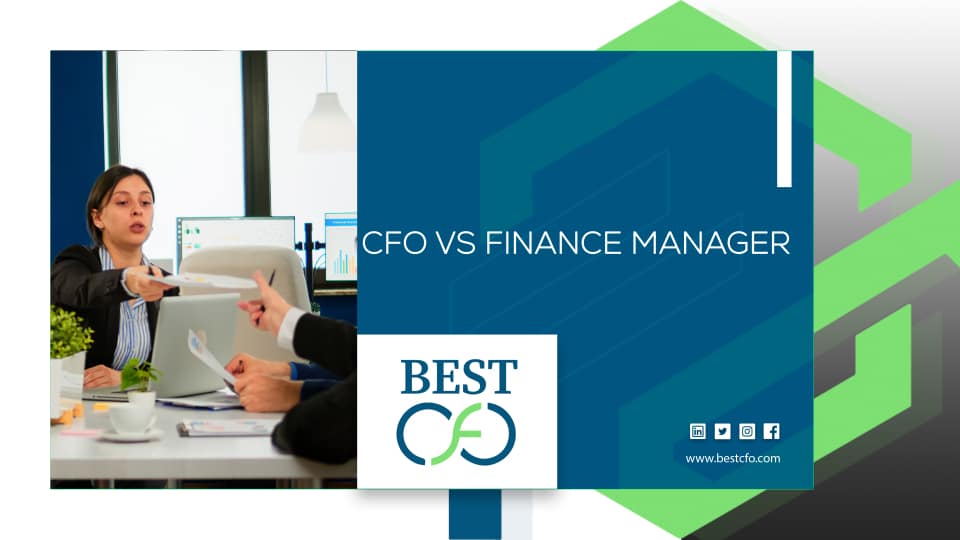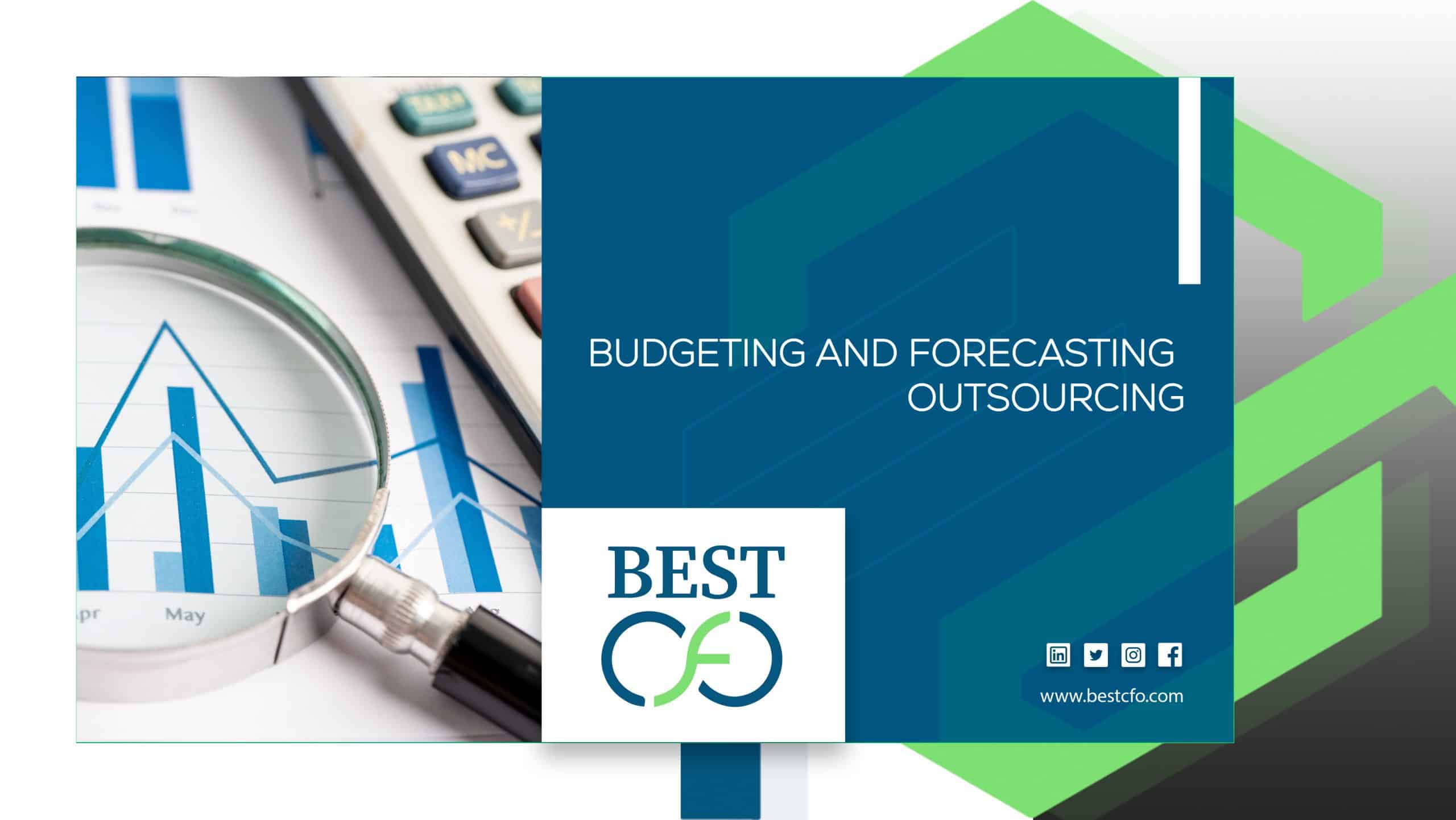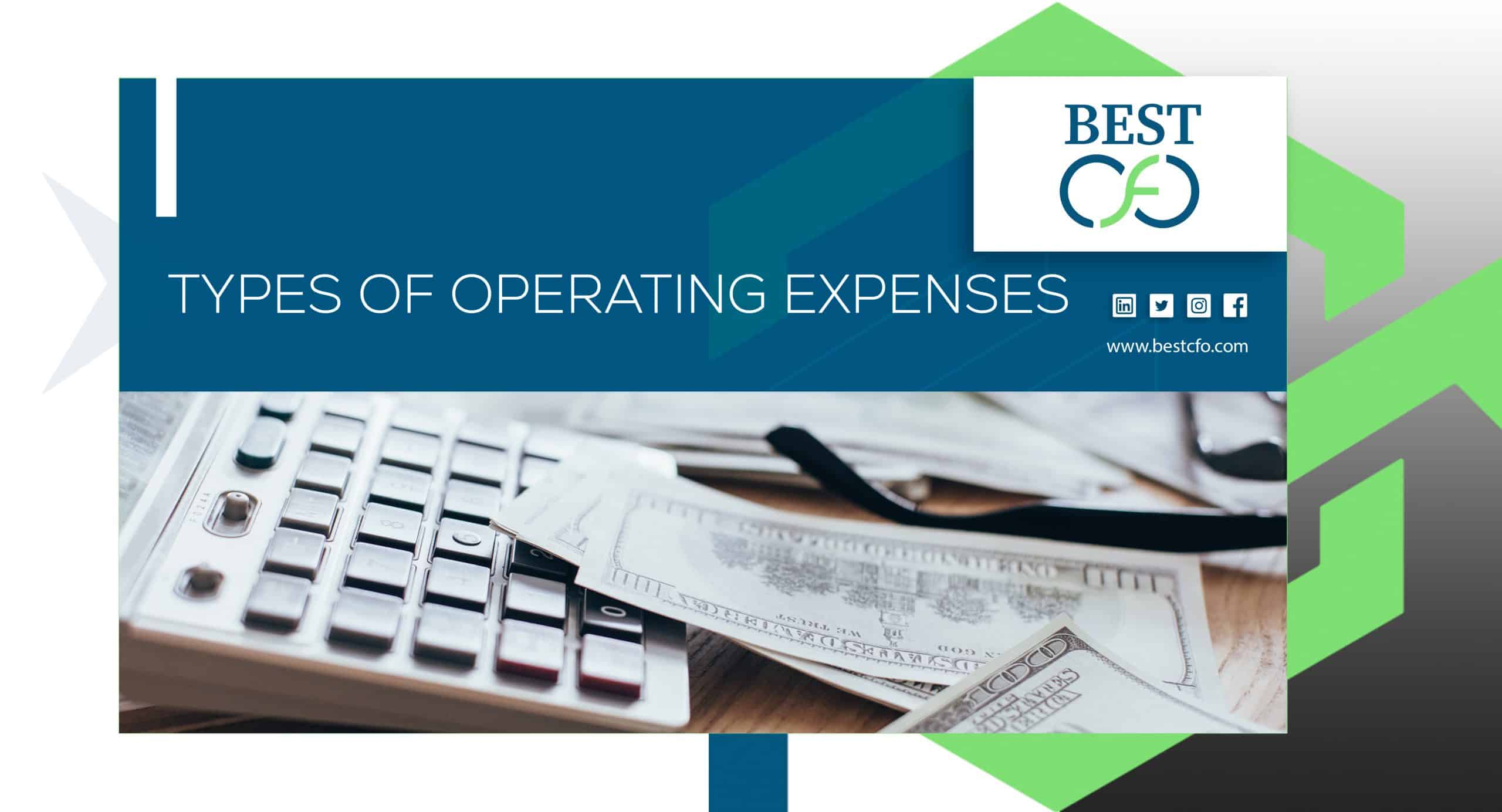
| Getting your Trinity Audio player ready... |
Master Your Budget: The Types Of Operating Expenses to Watch
Running a business isn’t just about making sales—it’s also about spending wisely. One of the best ways to boost profits and stay ahead in today’s fast-paced economy is by keeping a close eye on your operating expenses. If you’re not sure where to begin, don’t worry. This guide will walk you through the most important types of operating expenses you should track to keep your business healthy and growing.
Operating expenses (also called OPEX) are the everyday costs that come with keeping your business running. They show up on your income statement and play a major role in your financial statements. If you let these costs get out of control, your net income can shrink fast, even if your revenue is growing. But when you manage them well, you can improve cash flow, build a stronger budget, and set your business up for long-term success.
Let’s break down what operating expenses are, why they matter, and which ones to keep an eye on.
Understanding Operating Expenses
Operating expenses are the regular costs your business pays to stay open. They include things like rent, salaries, marketing, and software. Unlike capital expenditures (CAPEX), which are long-term purchases like buying a new building or factory equipment, OPEX are day-to-day costs that show up every month.
Operating Expenses vs. Capital Expenditures
Here’s the difference:
- Operating Expenses (OPEX): These are recurring costs like utilities, wages, and office supplies. They keep your operations going.
- Capital Expenditures (CAPEX): These are big purchases that turn into long-term assets—like buying land, machines, or company vehicles.
Understanding the split between OPEX and CAPEX is key to making smart financial accounting decisions. Both impact your financial statements, but in different ways.
Why Tracking OPEX Matters
Tracking operating expenses helps with:
- Budgeting: You’ll know how much you’re spending and where.
- Forecasting: You can make smarter decisions about future costs.
- Tax deductions: Many operating expenses can be written off, helping reduce your income tax.
- Improving profit margins: Keeping OPEX under control boosts your net income and return on investment (ROI).
Fixed vs. Variable Operating Expenses
Not all expenses behave the same way. Some stay steady month to month, while others go up and down depending on business activity. Here are the two main types of operating expenses:
Fixed Expenses
These costs don’t change much, no matter how busy your business is. Examples include:
- Renting your office or store space
- Salaries for full-time staff
- Business insurance
- Lease payments for fixed assets
Because fixed expenses are predictable, they’re easier to include in your budget.
Variable Expenses
These costs change depending on how active your business is. For example:
- Utilities like water, electricity, and heating
- Marketing and advertising campaigns
- Buying raw materials or inventory
Tracking both types of costs is essential to building a smart expense management system. It helps you know when to cut back or spend more.
Key Types of Operating Expenses to Monitor
Let’s look at the top types of operating expenses businesses should keep an eye on.
Employee-Related Expenses
People are one of your biggest investments—and one of your biggest costs. These include:
- Salaries and wages
- Payroll taxes and benefits (like health insurance or retirement plans)
- Training and team development
- Freelancers or contractor payments
Managing labor costs wisely can lead to better financial management and smoother operations.
Office and Administrative Costs
Keeping the lights on and the team working involves plenty of small but important costs:
- Rent or lease payments
- Utilities (like electricity, water, plumbing)
- Office supplies
- Software subscriptions (such as QuickBooks or CRM tools)
- Insurance (including property insurance and workers’ comp)
Even though these may seem small, they add up fast on your balance sheet.
Marketing and Advertising
If no one knows about your product, you won’t sell much. But marketing can get pricey, so it’s important to track:
- Digital marketing (SEO, pay-per-click ads, social media)
- Traditional ads (TV, radio, print)
- Promotional events and public relations
Each strategy affects your income and should be tied to your overall business economics strategy.
Technology and Software
Modern businesses rely on tech to stay competitive. Common tech-related expenses include:
- Cloud services and hosting
- Cybersecurity best practices to protect data
- Licensing fees for tools like CRM, accounting software, or analytics dashboards
Managing your technology spend helps avoid waste and improves efficiency.
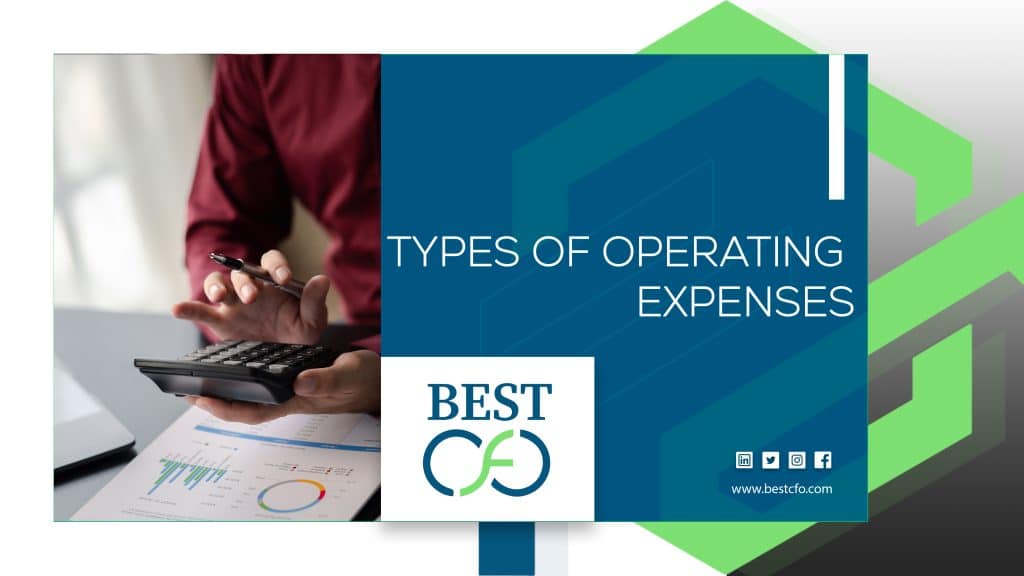
Travel and Transportation
If your business involves travel, these costs can add up:
- Flights, hotels, and meals for business trips
- Car fuel and maintenance
- Shipping and logistics for deliveries or product movement
Travel can be essential, but it must be monitored to avoid draining financial capital.
Maintenance and Repairs
Keeping your equipment and property in top shape helps prevent bigger costs later. Examples include:
- Repairing machinery or office tech
- Janitorial services
- Preventive maintenance like inspections and energy conservation
Good maintenance protects your assets and helps avoid downtime.
Professional Services
Outside experts can be a big help, but they come at a price:
- Legal fees
- Tax Accountants or CPA
- Consultants and fractional CFO services
These services often fall under financial services and can offer a solid return on investment when used wisely.
Miscellaneous and Overhead Costs
Finally, don’t forget those small but regular costs that sneak into your budget:
- Emergency fixes or last-minute orders
- Depreciation of long-term assets
- Subscriptions, memberships, and other minor fees
These may not be huge alone, but over time, they impact your profit margin.
Strategies to Manage and Reduce Operating Expenses
Now that you know what to watch for, here are some ways to manage and reduce your business expenses:
Conduct Regular Expense Audits
Take a hard look at where your money’s going:
- Review bank statements and receipts
- Use accounting software like QuickBooks or Microsoft Excel to track and analyze
- Set up dashboards to monitor your performance indicators
Audits help identify waste, fraud, or areas that can be trimmed.
Negotiate with Vendors and Suppliers
Smart negotiation can lead to big savings:
- Ask for discounts on bulk purchases
- Sign longer contracts for better rates
- Shop around for better pricing or value
Effective contract management is a key part of smart corporate finance.
Automate and Outsource Where Possible
Free up your team’s time by using tech or outside help:
- Automate invoicing, payroll, or inventory tracking
- Outsource IT support or bookkeeping
- Use mobile apps for payment, scheduling, or reporting
This not only reduces costs but can boost your competitive advantage.
Implement Cost-Cutting Measures
Look for smart ways to cut costs without hurting performance:
- Let employees work from home to reduce office space
- Install LED lights or energy-saving equipment
- Reduce paper use and move to digital tools
Small changes in daily operations lead to long-term efficiency and savings.
Forecast and Adjust Budgets Proactively
Use past data to prepare for the future:
- Predict high and low spending periods
- Adjust your budget based on revenue changes
- Stay flexible with your planning
Revenue forecasting gives you the tools for smarter decision-making and better control over your money.
Conclusion
Understanding the types of operating expenses is a major step toward building a strong business. From fixed costs like rent and payroll to variable ones like marketing and maintenance, keeping track of your spending will help you create a more profitable and stable business.
Every dollar counts—and smart financial management can help turn costs into opportunities.
If you want even more guidance, working with the Best CFO or a reliable finance expert can help you make the most of every penny.
FAQs
1: What’s the difference between operating expenses and capital expenditures?
Operating expenses are the everyday costs of running a business (like rent or salaries). Capital expenditures are big purchases, like buildings or machines, that turn into long-term assets.
2: Are operating expenses tax-deductible?
Yes, most operating expenses are eligible for tax deductions, which can lower your income tax.
3: Where do I find operating expenses on my financial statements?
You’ll find them on your income statement, usually listed under “operating expenses” or broken into categories like marketing, utilities, or salaries.
4: Can I automate tracking of operating expenses?
Absolutely. Tools like QuickBooks, NetSuite, or a simple spreadsheet can help you stay on top of every expense, no matter how small.
5: What’s the most common mistake businesses make with OPEX?
Not tracking them regularly. Even small fees, like monthly software subscriptions, can pile up and hurt your profit margin over time.
Related Posts
What Is a Good Debt To Equity Ratio: How To Calculate It?
How to Improve Your Bad Debt to Equity Ratio: A Complete Guide If you’ve ever…
What Are The Most Common Reasons Firms Fail Financially?
How To Prepare Annual Budget For A Company: An Ultimate Guide When it comes to…
How To Prepare Annual Budget For A Company: An Ultimate Guide
How To Prepare Annual Budget For A Company: An Ultimate Guide When it comes to…
Audit of Financial Statements: Guide for Business Owners
Audit of Financial Statements: Guide for Business Owners Running a business means keeping track of…
 Demos
Demos  Colors
Colors  Docs
Docs  Support
Support 



